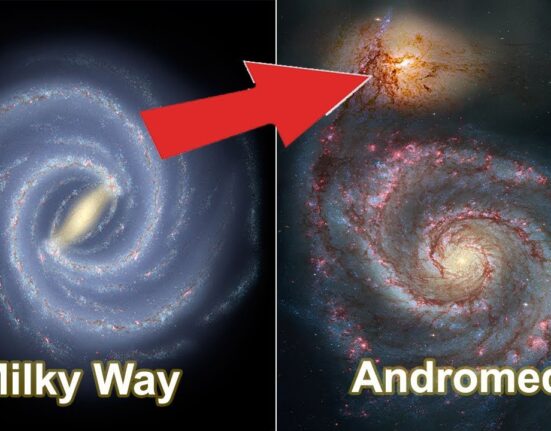Wildfires are often associated with the physical dangers they pose, from burning forests to the smoke that chokes the air. However, a recent study sheds light on a lesser-known but equally concerning impact of wildfires – their effect on mental health.
In a groundbreaking research effort led by experts including Kari Nadeau, John Rock Professor of Climate and Population Studies, and chair of the Department of Environmental Health at Harvard Chan School, it was found that exposure to wildfire smoke goes beyond respiratory issues. Nadeau highlighted this connection by stating,
“Wildfire smoke isn’t just a respiratory issue — it affects mental health, too.”
The study delved into how wildfire-induced trauma coupled with the direct influence of smoke can exacerbate conditions such as depression, anxiety, and mood disorders. Published in JAMA Network Open on April 4th, the findings illuminated a previously overlooked aspect of wildfires’ repercussions on human health.
Nadeau emphasized the significance of their discovery by pointing out that understanding these impacts is crucial for developing effective public health interventions during wildfire seasons. She stated that “smoke itself may play a direct role in worsening mental health conditions like depression, anxiety, and mood disorders.”
One key revelation from the research was how short-term exposure to wildfire-specific PM2.5 – particulate matter measuring 2.5 micrometers or smaller – had discernible effects on mental well-being. While previous studies have explored the influence of PM2.5 on respiratory and cardiovascular health outcomes, this study stood out for isolating its impact on mental health specifically.
“Our study suggests that — in addition to the trauma a wildfire can induce — smoke itself may play a direct role in worsening mental health conditions like depression, anxiety, and mood disorders.”
Analyzing data across California during its severe 2020 wildfire season revealed alarming trends. The researchers linked elevated levels of wildfire-specific PM2.5 to an increased number of emergency department visits for various mental health conditions. These included psychoactive substance use disorders, psychotic disorders, mood-affective disorders like depression and anxiety.
The statistics painted a grim picture: over 86,000 ED visits related to mental health issues were recorded during the study period. The average daily concentration of wildfire-specific PM2.5 was measured at 6.95 μg/m3 but spiked significantly during peak months.
During September’s peak activity levels reached up to 24.9 μg/m3 exposing vulnerable groups like women,
children and young adults along with Black and Hispanic individuals who were Medicaid enrollees.
Lead author YounSoo Jung underlined this disparity by mentioning that “existing health inequities may be worsened by wildfire smoke exposure.”
“The disparities in impact by race, sex age… suggest existing health inequities may be worsened by wildfire smoke exposure.”
As climate change intensifies wildfires globally making them more frequent & severe it becomes imperative
that equitable access to healthcare is maintained particularly focused towards vulnerable demographics
during these crisis periods.
Mary Johnson & Caleb Dresser among other Harvard Chan authors contributed valuable insights &
expertise while National Heart Lung & Blood Institute supported this pivotal research ensuring its reach
and applicability across public awareness outreach efforts thereby laying groundwork for future policy-making steps aimed at safeguarding public welfare amidst escalating environmental challenges.









Leave feedback about this